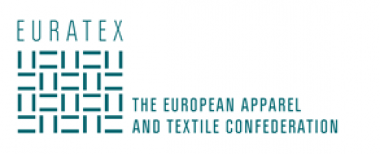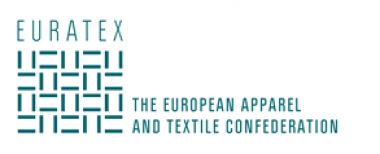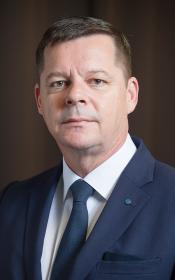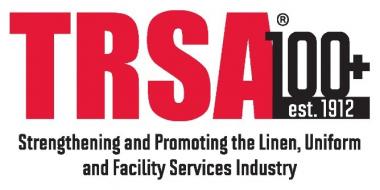"European textile industry needs to grow its role on global markets"
Statement
On the occasion of the EU-Africa Business Summit, EURATEX is re-iterating the ambition of the European textile industry to grow its role on global markets, including the African continent.
The textile ecosystem is considered the 2nd most globalised sector of the European economy ; it is built on globalised supply chains and fierce competition with China, US, Bangladesh, Turkey and many others. Imports are now peaking at €115 billion (ca. 60% garments and 40% textiles), with a dramatic increase of imported medical textiles (face masks) in 2020. Every year, 22 billion pieces of textile and garment products are brought into the EU Single market.
Europe’s answer to this competitive pressure must be to invest even more on quality and innovative products, made in a sustainable manner. As emerging markets evolve, the appetite for better quality, comfort and design will grow. The ability and willingness to purchase technical textiles, which offer solutions to durability and improved performance, will increase. That is where Europe can be successful. To illustrate: the EU’s exports to China have increased by 33% in 2021 (first 11 months).
In its vision paper on the future of European textiles and apparel, EURATEX has confirmed its ambition to increase the global market share of the European textile industry. Strengthening relations with nearby Turkey and North African countries is important in this regard, offering opportunities for nearshoring. The African continent at large offers trade and investment opportunities, provided the business climate is stable and transparent.
Relations with the UK and Switzerland need to be optimised; especially Brexit has caused serious damage to bilateral trade flows (-33% export to the UK during Jan-Nov 2021). The Mercosur FTA offers interesting opportunities for the European textile industry; it should be ratified as soon as possible. We need to work with the US on mutual recognition of standards and setting global environmental and social rules. We call upon India to make an honest proposal for the upcoming free trade negotiations, which will ensure full and fair access to the Indian market.
European textile and apparel companies (mostly SMEs) need to be accompanied to exploit these market opportunities. At the same time, they need to be protected from unfair competition, e.g. products who do not comply with stringent EU standards and procedures. This requires more effective market surveillance.
Euratex




























